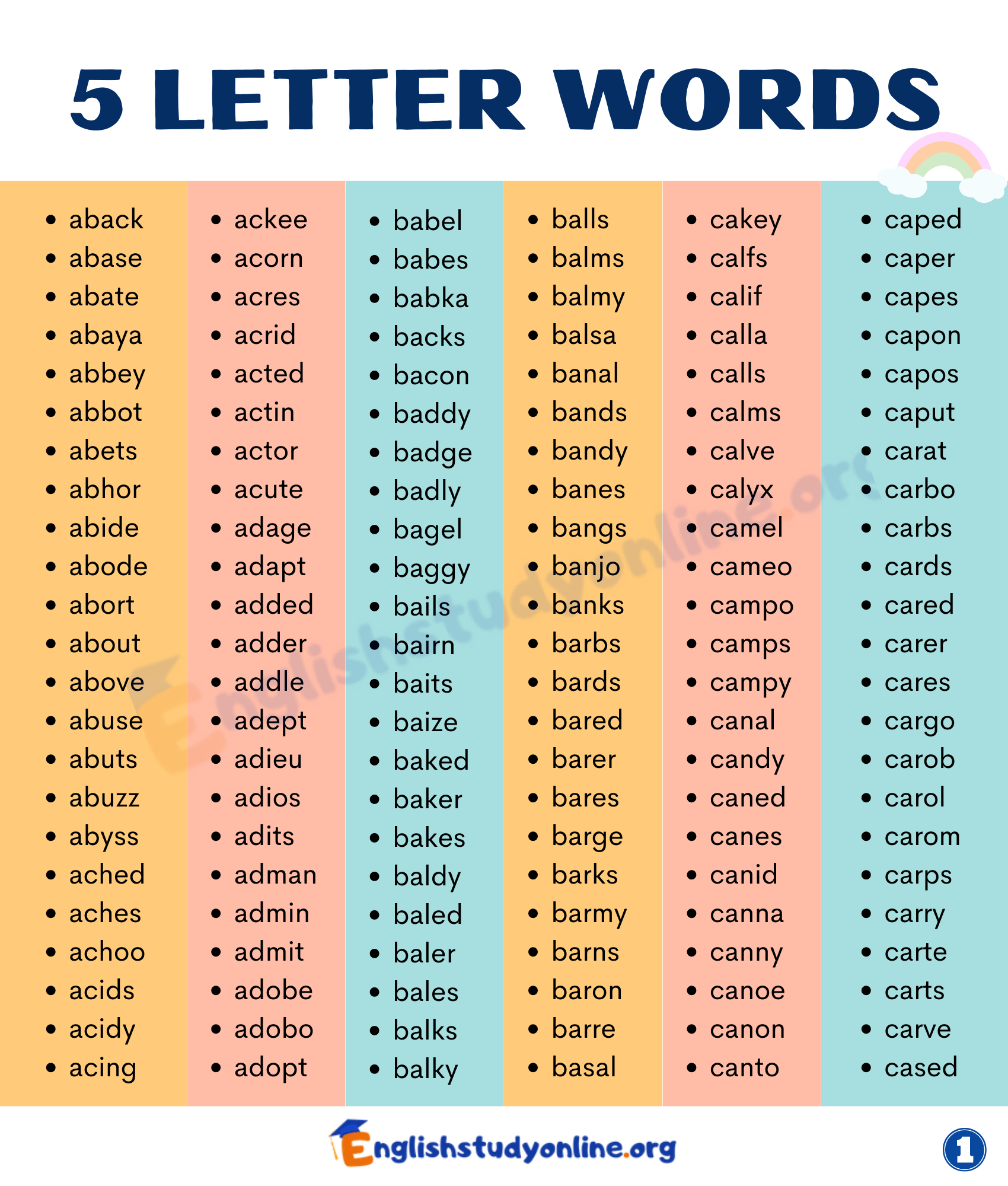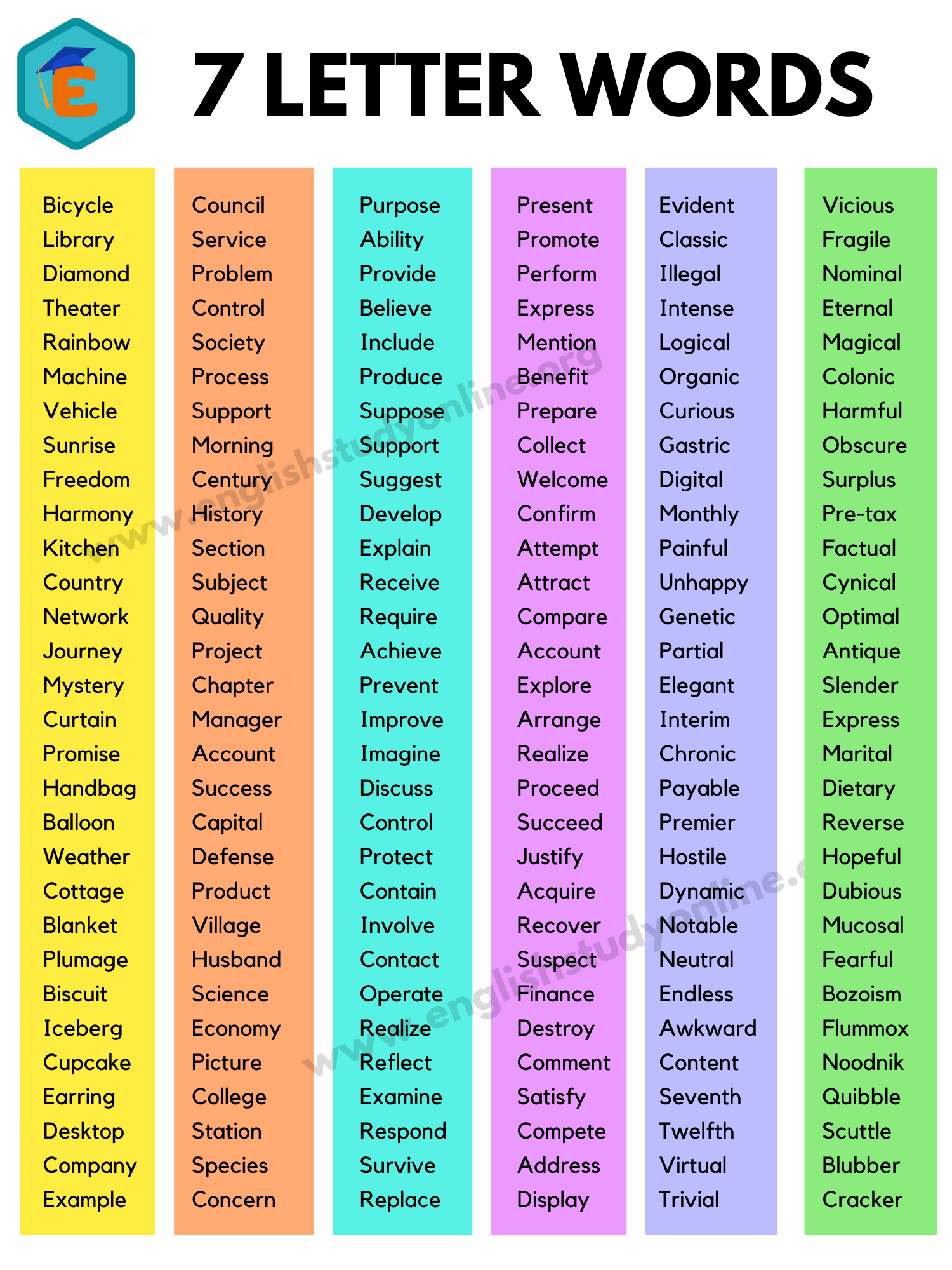Have you ever stopped to think about how many ways we have to talk about how far apart things are? It's a pretty interesting thought, you know, when you consider it. We use words for distance every single day, often without even noticing the subtle differences in what they tell us. From the vast stretches of land to the tiny gaps between thoughts, our language gives us so many tools to describe the space that lies between.
It's actually a bit like a puzzle, finding just the right word to fit a particular feeling or measurement of separation. Sometimes, we're talking about something really far off, something that feels almost out of reach. Other times, we're describing things that are very close, perhaps just a stone's throw away. The words we pick help paint a picture for whoever is listening or reading, giving them a sense of how much room there is between one point and another, or even between one idea and the next, more or less.
This article takes a look at some of these fascinating terms, exploring how we describe separation, whether it's a great expanse or just a little bit of room. We will, in some respects, look at words that tell us about things being far away, and then, too, words that suggest closeness. We'll also consider how we talk about making things more separate or keeping them apart, and why choosing the right word for distance can make a big difference in what you're trying to say, actually.
- Jace Norman Henry Danger Now
- Who Is The Smallest Basketball Player
- Abuja Airport Nigeria
- Indian Couple
- Rockstar Pina Colada
Table of Contents
- What do we mean by "distance" anyway?
- The many faces of words for distance
- How do we talk about something far off?
- Finding words for distance when things are way out there
- When do we use words for short distances?
- Getting close with words for distance
- Why does our choice of words for distance matter?
- The deeper meaning of words for distance
What do we mean by "distance" anyway?
When we talk about "distance," we are usually thinking about the space that exists between two items or spots. It's that property, you know, that shows how much separation there is. It could be the physical space you travel from your home to a shop, or it could be a more abstract idea, like the difference between two ideas. It's a concept that pops up everywhere, really, from everyday conversations to more technical discussions about how things are spread out.
Sometimes, we think of it as a measurement, like how many miles are between cities. Other times, it's more about how far apart things feel, even if they're not physically measured. For instance, you might say there's a lot of distance between what someone promised and what they actually delivered. So, it's a very flexible term, able to fit many situations where separation is the main idea, sort of.
The many faces of words for distance
The variety of words for distance is quite remarkable, when you think about it. We have terms that describe the simple act of being apart, like "space" or "length." Then there are words that hint at how much something stretches out, such as "extent" or "range." You might also hear words like "gap" or "interval" when talking about the breaks or areas between things. Each of these gives a slightly different shade to the idea of separation, allowing us to be more precise in our descriptions, or so it seems.
For example, "separation" itself tells us that two things are no longer together, perhaps having been pulled apart. A "span," on the other hand, often suggests a measurement across something, like the span of a bridge. These words, you know, are not just interchangeable; they carry their own little bits of meaning that shape how we understand the space being described. They are, in a way, the building blocks of how we communicate about the world around us, and the empty spots within it, actually.
How do we talk about something far off?
When something is not close, when it's quite a way from us, we have a whole collection of words to explain that sense of being far away. Think about looking out over a wide, open field, and seeing something almost out of sight. You might say it's "afar," or "yonder." These words carry a feeling of distance that is both physical and, in some cases, a little bit poetic. They paint a picture of something that requires effort to reach, or is simply beyond our immediate grasp, you know.
We also use phrases like "far away" or "far off" to simply state that something is not near. Sometimes, we talk about things being "behind" us in a spatial sense, or "on the other side" of something. "Further on" or "on the far side" also give that sense of continuing past a certain point to find something. These terms are pretty common, and they help us set the scene for where things are located in relation to us, or so it seems.
Finding words for distance when things are way out there
For truly significant lengths, we have terms that emphasize the great expanse. "Long way" and "good way" are conversational ways to say something is not close. Then there's "great distance," which really hammers home the point. "Long haul" suggests not just distance, but also the time and effort it takes to cover it, perhaps, like a long journey. A "far cry" often means a big difference, not just in space but also in quality or type, you know.
And then there are those more colorful phrases, like "country mile," which really makes you think of a long, winding road through the countryside. These expressions are not just about measurement; they carry a certain feeling or image with them. They help us, in some respects, to relate to the vastness of space in a more human way, rather than just with numbers. They tell us about the scale of separation, whether it's a physical journey or a conceptual gap, as a matter of fact.
When do we use words for short distances?
Just as we have many ways to describe things that are far, we also have a rich vocabulary for when things are very close by. When something is right there, almost within reach, we don't just say "near." We have more vivid ways to express that closeness. Think about tossing a small stone; the distance it travels is often called a "stone's throw." That phrase immediately gives you a sense of how little room there is between two points, you know.
We might also talk about things being within "striking distance," meaning they are close enough to be acted upon. A "hair's breadth" suggests an incredibly tiny gap, almost no space at all. And then there are those playful terms like "spitting distance" or "hop, skip, and jump," which perfectly capture the idea of something being just a quick, easy move away. These words, basically, help us communicate the immediate proximity of things in a very relatable way, sort of.
Getting close with words for distance
Beyond those more colorful phrases, we have simpler words that still convey a very small amount of separation. "Close quarters" tells us that things are packed in tightly, with very little room to spare. A "step" or an "inch" clearly indicate a minimal amount of space. Even "hairline" suggests a barely visible line of separation, showing how little room there is. These words are, in a way, very precise about how near one thing is to another, you know.
It's interesting how these short-distance words often come from everyday actions or measurements. They ground our language about space in things we can easily understand and visualize. They help us, in some respects, to describe the immediate surroundings and how objects or people are arranged within them. So, whether it's a tiny gap or just a short walk, there's a word for distance that fits the situation perfectly, actually.
Why does our choice of words for distance matter?
Choosing the right word for distance is more than just picking a synonym; it's about conveying the right feeling, the right level of precision, and even the right tone. For example, saying someone is "far away" is different from saying they are "yonder." "Yonder" has an older, perhaps more wistful, feel to it. The words we use can add layers of meaning to our communication, making it richer and more expressive, you know.
Consider the idea of "distancing oneself." This isn't about physical space as much as it is about emotional or social separation. When someone "distances themselves," they might "sit out" an activity, "abstain" from something, or "avoid" a situation. They could "decline" an invitation, "disengage" from a group, or "refrain" from participating. These verbs, basically, show a deliberate act of creating separation, not just experiencing it, in a way.
The deeper meaning of words for distance
Beyond simply describing space, words for distance can also touch upon how we relate to others or to ideas. To "remove oneself" or "stand aside" suggests a conscious decision to create a gap. This is a very different idea from just noting that two objects are physically apart. The words we pick can tell us a lot about the intention behind the separation, or so it seems.
Even the historical roots of these words can be fascinating. Latin words for distance, like "distantia" or "intervallum," show how ancient speakers thought about these concepts. "Intervallum," for instance, means the space between two palisades or stakes, giving a very concrete image of a gap. Understanding these different facets of words for distance helps us appreciate the richness of our language and how it allows us to describe the world, both near and far, in so many nuanced ways. It's really quite something, you know, how much meaning can be packed into just a few simple terms.
This exploration has covered a variety of words for distance, from those describing great expanses like "afar" and "country mile," to terms for close quarters such as "stone's throw" and "hair's breadth." We've also looked at how verbs can show the act of creating separation, like "abstain" or "remove oneself." The aim has been to show how our language provides a rich collection of terms to express the space between things, whether physical or abstract, and why picking the right word truly matters for clear and engaging communication.
- %D0%B3%D0%B0%D0%B1%D0%B8 %D0%BA%D0%B0%D1%80%D1%82%D0%B5%D1%80
- Rulon Jeffs How Many Wives
- Who Is Tallest Actor
- Happy Birthday My Love Msg
- Jonathan Cheban Plastic Surgery



Detail Author:
- Name : Edwardo Reichert
- Username : eokon
- Email : isac.cassin@gmail.com
- Birthdate : 1994-01-15
- Address : 58531 Hodkiewicz Vista Kshlerinton, IA 90262
- Phone : 1-956-943-9481
- Company : Johnston PLC
- Job : Recruiter
- Bio : Ut ut sed reprehenderit beatae omnis inventore aut facere. Non inventore eveniet fugit maiores tempora doloremque illo. Voluptas aut velit cum aut illum praesentium. Deserunt vel est odit enim.
Socials
linkedin:
- url : https://linkedin.com/in/mcglynnj
- username : mcglynnj
- bio : Quas aperiam in voluptatibus et.
- followers : 6178
- following : 2121
twitter:
- url : https://twitter.com/mcglynnj
- username : mcglynnj
- bio : Incidunt rem aut odit doloribus accusantium et eius. Odit voluptates tempora culpa amet. Officiis ab qui facilis repellat.
- followers : 973
- following : 791
